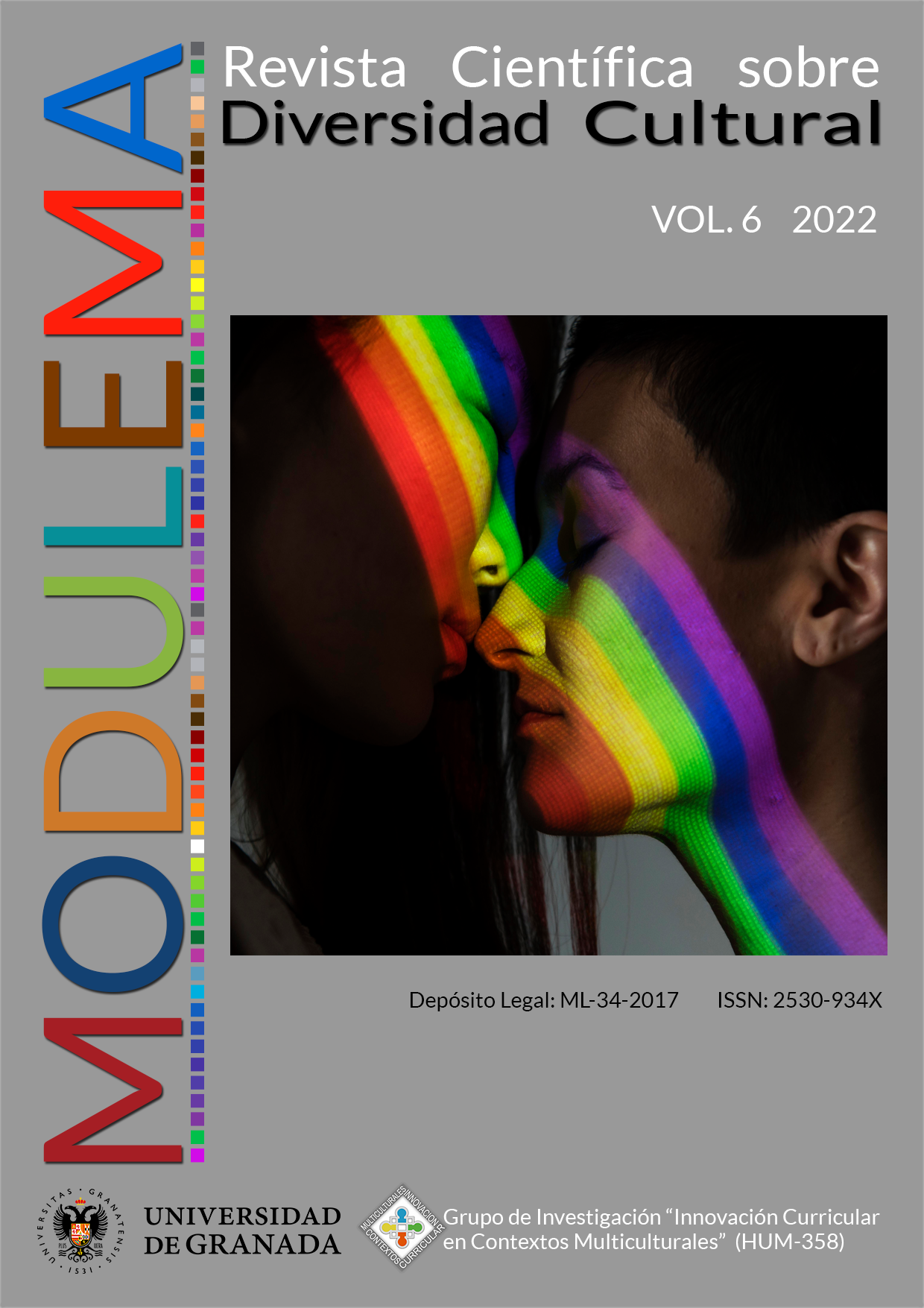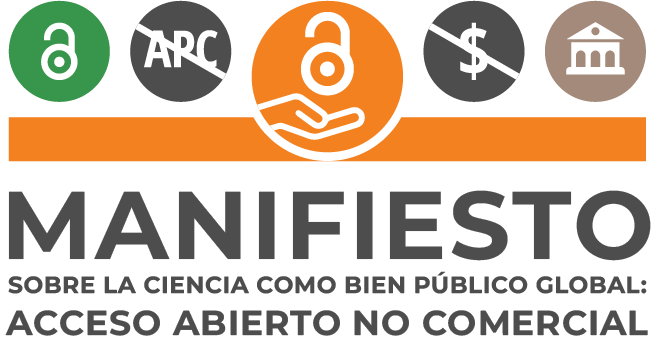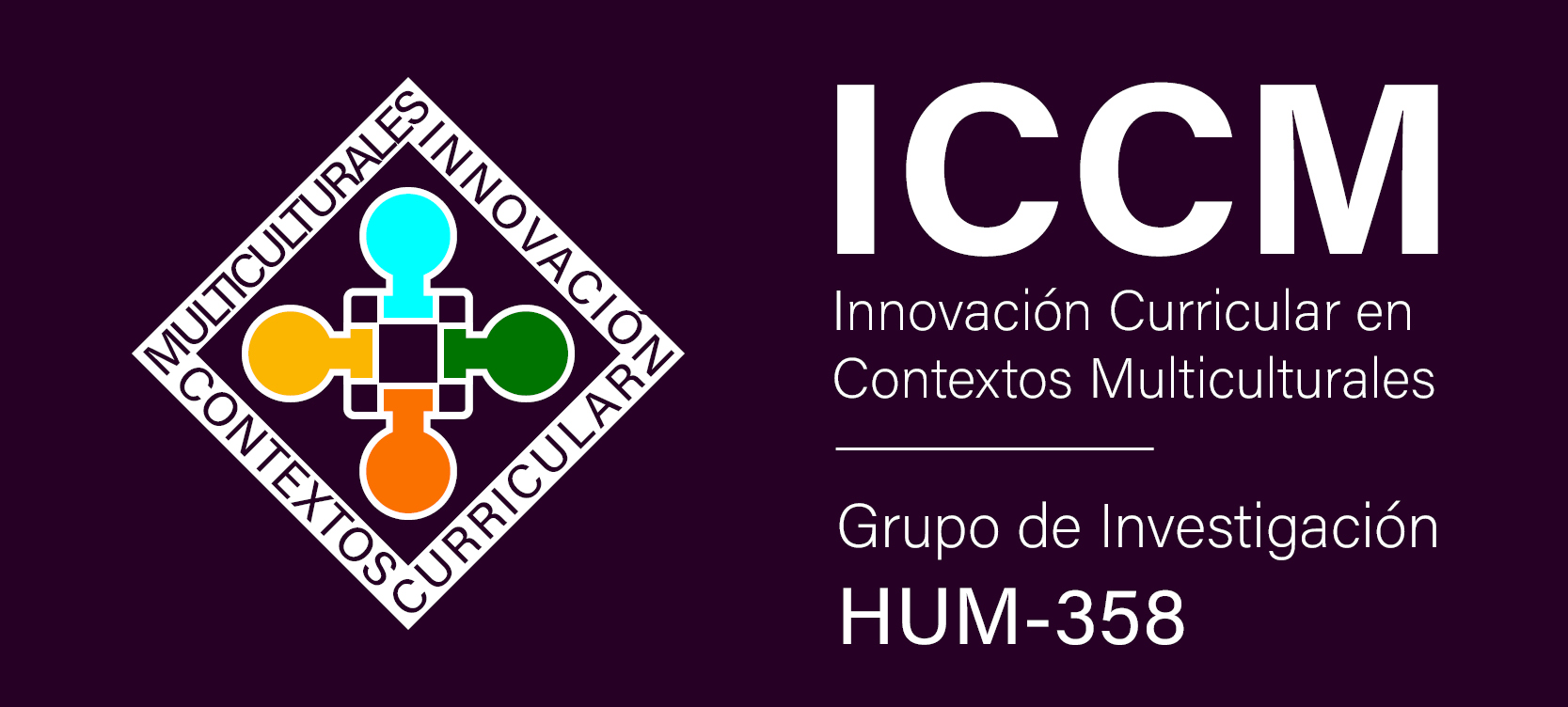DECOLLAGE AS A RECONSTRUCTION TECHNIQUE OF THE MEMORY OF THE PAST
DOI:
https://doi.org/10.30827/modulema.v6i.24180Keywords:
Visual thinking strategies, Peace education, Decollage, Art tuitionAbstract
April 26, 2021 marks the 35th anniversary of the Chernobyl nuclear disaster. With the aim of publicizing the history of the accident and its impact on society, as well as working on the values of resilience, selfimprovement, empathy, recognition of emotions and their expression, a teaching experience was carried out at the Faculty of Social Sciences of Manresa (UVic-UCC) with sixteen third-year students of the master’s degree in Early Childhood Education, in the subject of Art Tuition II. Using Visual Thinking Strategies (VTS) and artistic creation, we propose from education proposals that help us give students a voice and that foster dynamics of action that not only promote awareness and reflection, but also allow us to structure the concerns of the students regarding problematic contexts of environmental education. Drawing a parallel between the events of Chernobyl and deconstruction, children under 5 years of age were encouraged to paint imaginary landscapes of a brave new world, and then they were forced by the teachers to break the paintings created into small fragments to experience the sensation of sudden loss. Finally, the students worked as a team reconstructing together a collaborative image of the landscape of a better world from the pieces resulting from the previous destruction. The techniques learned, in addition to developing the creativity of early childhood education students, facilitate teamwork, and the development of solidarity and empathy.
Downloads
References
Agirre, I. (2000) Teorías y prácticas en Educación Artística. Univ. Pública de Navarra.
Aleksiévich, S. (2005). Voces de Chernóbyl: crónica del futuro. (R. San Vicente, Trad. Obra original publicada en 1997). Debate.
Alemany Briz, J. M. (1998). La paz, ¿un derecho humano? Revista Aragonesa de Administración Pública, Extra 2, 17-46.
Ariza, R. P. (2018). Didáctica de las ciencias con conciencia. Enseñanza de Las Ciencias: Revista de Investigación y Experiencias Didácticas, 36(3), 5–22. https://raco.cat/index.php/Ensenanza/article/view/v36-n3-porlan.
AA.VV. (2010). Declaración de Santiago sobre el Derecho Humano a la Paz. Congreso Internacional sobre el Derecho Humano a la Paz. http://mail.aedidh.org/sites/default/files/DS%20pdf%2024%20marzo%2011.pdf.
Bauman, Z. (2007). Miedo líquido. La sociedad contemporánea y sus temores. Madrid: Paidós.
Bauman, Z. (2018). Modernidad líquida (Trad. Mirta Rosenberg, Jaime). Fondo de Cultura Económica.
Beck, U. (2002). La sociedad del riesgo. Hacia una nueva modernidad. Paidós.
Chugoku Shimbun (1991). Irradiados (Trad. María Luisa Martín Laborda). Acento.
CT (2013). La Carta de la Tierra en Acción: la Iniciativa de la Carta de la Tierra. https://cartadelatierra.org/.
Fuertes, E. & Ingles, A. (2018). ¡La escuela y el museo hacemos un buen tandem! Transformamos la educación desde la colaboración. Aula, 272, 22-27.
Fuertes, E. (2020). Las Estrategias de pensamiento visual (VTS) una metodología educativa necesaria. https://blog.museunacional.cat/es/las-estrategias-de-pensamientovisual-vts-una-metodologia-educativa-necesaria/.
Funtowicz, S. & Ravetz, J. (2000). La ciencia posnormal – ciencia con la gente. Icaria.
García-Sípido, A. (2003). Saber ver, una cuestión de aprendizaje. La educación visual a debate. Arte, Individuo y Sociedad, 15, pp. 61-72.
Kárpava, A. (2013). Implicaciones de los programas de acogida temporal de los menores, víctimas de la catástrofe nuclear de Chernóbyl, en el desarrollo de la inmigración ambiental bielorrusa en la provincia de Granada. Integración en el espacio de la paz intercultural. [Tesis doctoral. Granada: Universidad de Granada]. http://hdl.handle.net/10481/31199
Kárpava, A., & Juárez Ramos, V. (2020). Educación para la Paz: Un Espacio de Innovación e Intercambio de Buenas Prácticas Docentes. Revista Internacional De Educación Para La Justicia Social, 9 (2), 285-307. https://doi.org/10.15366/riejs2020.9.2.014
Medvedev, Zh. (1991). El Legado de Chernobil. Pomares-Corredor.
ONU (2015). Transformar nuestro mundo: la Agenda 2030 para el Desarrollo Sostenible. Asamblea general. https://www.fundacioncarolina.es/wp-content/uploads/2019/06/ONUAgenda-2030.pdf.
Rogers, C. (1983). Libertad y Creatividad en la Educación. Paidós
Rosado, P. & Casanova. R. (2021). Autorretrato, emergencia climática y posicionamientos creativos. Una práctica didáctica mediada por la tecnología, en Oportunidades y retos para la enseñanza de las artes, la educación mediática y la ética en la era postdigital. Dykinson.
Ruhrberg, K.; Schneckenburger, M.; Fricke, C. & Honnef, K. (2001). Arte del siglo XX. Taschen.
Stengers, I. (2019). Otra ciencia es posible - Manifiesto por una desaceleración de las ciencias. Ned ediciones.
UNESCO (1996). Actas de la 28ª reunión de la Conferencia General, 25 de octubre -16 de noviembre, Vol. 1, UNESCO.
UNESCO (1997a). El Derecho Humano a la Paz. Declaración del director general. Organización de las Naciones Unidas para la Educación, la Ciencia y la Cultura.
UNESCO (1997b). Proyecto de Declaración sobre el Derecho Humanos a la Paz, Actas de la Conferencia General, 29ª reunión, 21 de octubre-12 de noviembre, Res. 43. Organización de las Naciones Unidas para la Educación, la Ciencia y la Cultura.
UNESCO (1997c). Informe del director general sobre el Derecho Humano a la Paz, Conferencia General, 29ª reunión, 29 de octubre, Anexo 1. Organización de las Naciones Unidas para la Educación, la Ciencia y la Cultura.
UNESCO (2020). Constitución de la Organización de las Naciones Unidas para la Educación, la Ciencia y la Cultura, Textos fundamentales. Edición revisada. UNESCO.
Vilanova, S. (1980). El síndrome nuclear: El accidente de Harrisburg y el riesgo nuclear en España. Bruguera.
VTS (2021). Visual Thinking Strategies. https://vtshome.org.
Yablokov, A. V.; Nesterenko, V. B; Nesterenko, A. B. & Preobrazhenskaya, N. E. (2011). Chernóbyl: las consecuencias de la catástrofe para la vida humana y la naturaleza. Universarium.


















